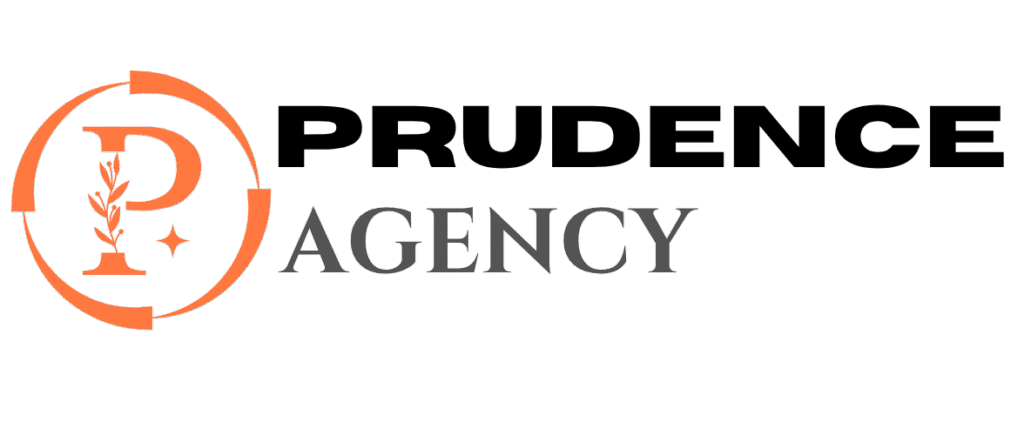Legal Considerations in Game Modding: What Every Gamer Should Know
Game modding has become a vibrant and creative aspect of gaming culture, offering players the opportunity to enhance, customize, and transform their favorite games. From creating new characters and levels to adding exciting features, mods unlock endless possibilities. However, modding isn’t just a fun activity-it comes with important legal considerations that every gamer and developer should understand. In this article, we explore key aspects of game modding legality, common pitfalls, and best practices to keep your mods legally safe and respectful of intellectual property rights.
Understanding the Basics of Game Modding and the Law
Before diving into mod development, it’s crucial to grasp the legal framework that governs modding activities. Game mods typically involve altering or adding to copyrighted game content. This raises issues including copyright infringement, licensing permissions, and potential breaches of terms of service.
What is Game Modding?
Game modding refers to the process where players or developers change or add to an existing video game’s content. This can include:
- New levels or maps
- Character skins or assets
- Gameplay mechanics
- Storyline additions
- Software scripts and tools that modify the game experience
Relevant Legal Concepts in Game Modding
- Copyright: Games are protected as copyrighted works, giving the developer exclusive rights over reproduction, distribution, and derivative works.
- Licensing: Modding permissions often depend on the game’s licensing terms – either granted explicitly or assumed via the End User License Agreement (EULA).
- Trademark: Using the game’s brand or logos without permission could infringe trademark laws.
- Terms of Service (ToS): Violating a game’s ToS can lead to legal actions and bans, even if copyright isn’t directly breached.
- Fair Use: A limited exception that rarely protects mods, especially when distributed commercially or publicly.
Major Legal Considerations Every Modder Must Know
1. Licensing and Permissions
Most game developers state their policy on modding within the End User License Agreement (EULA) or through official modding guidelines. Some allow fan mods freely, others restrict modding or only permit it under strict conditions.
- Always read and understand the EULA before creating or distributing mods.
- Seek explicit permission when possible, especially if your mod uses or redistributes game assets.
2. Copyright Infringement Risks
Using copyrighted game content without authorization can lead to legal consequences. This includes direct extraction or reuse of assets such as models, music, code, or textures from the original game.
3. Distribution & Monetization
Distributing mods-even for free-can sometimes breach licenses if it involves sharing copyrighted files. Monetizing mods introduces extra legal complexity and is often prohibited without developer approval.
4. Trademarks and Branding
Including game names, logos, or trademarks in mod promotion or branding without permission could attract trademark infringement claims.
Benefits of Understanding Legal Boundaries in Game Modding
Respecting legal considerations brings numerous benefits to modders and the community as a whole:
- Protects modders from legal disputes and takedowns.
- Enhances collaboration and goodwill with original developers.
- Encourages sustainable modding communities and official support.
- Allows sharing mods confidently and reaching wider audiences.
Practical Tips for Staying Legally Compliant as a Modder
- Read EULA and Terms of Service: Always review the game’s official legal documents before starting.
- Use Original Assets or Licensed Content: When possible, create your own assets or use assets licensed for modding.
- Limit Commercial Use: Avoid selling mods unless you have explicit permission from rights holders.
- Give Credit: Credit original developers and collaborators in your mod documentation.
- Stay Updated: Monitor changes in game policies or legal rulings affecting modding.
Case Studies: Legal Challenges in Game Modding
| Game | Issue | Outcome |
|---|---|---|
| GTA V | Modders created online cheats damaging multiplayer balance. | Take down requests; Rockstar reinforced anti-cheat enforcement and banned offenders. |
| NBA 2K | Mods distributing copyrighted NBA logos and player likenesses. | Rights holders issued cease and desist letters; mods removed from public sites. |
| Skyrim | Use of unofficial mods to monetize custom DLCs. | Bethesda declined monetization requests, emphasizing free modding policy. |
Final Thoughts: Embracing Legal & Creative Game Modding
Game modding opens a whole new world of creativity for gamers, but it’s essential to navigate the legal landscape responsibly. Understanding copyrights, respecting licensing agreements, and following community guidelines protects your work and the efforts of game developers. Whether you’re a hobbyist or an aspiring professional modder, balancing creativity with legality ensures your mods can thrive long-term and foster a positive gaming community.
Keep learning about legal trends, use official tools when available, and always prioritize ethical modding practices. By doing so, you not only safeguard yourself but also contribute to a vibrant, innovative gaming ecosystem where mods continue to flourish safely and legally.











